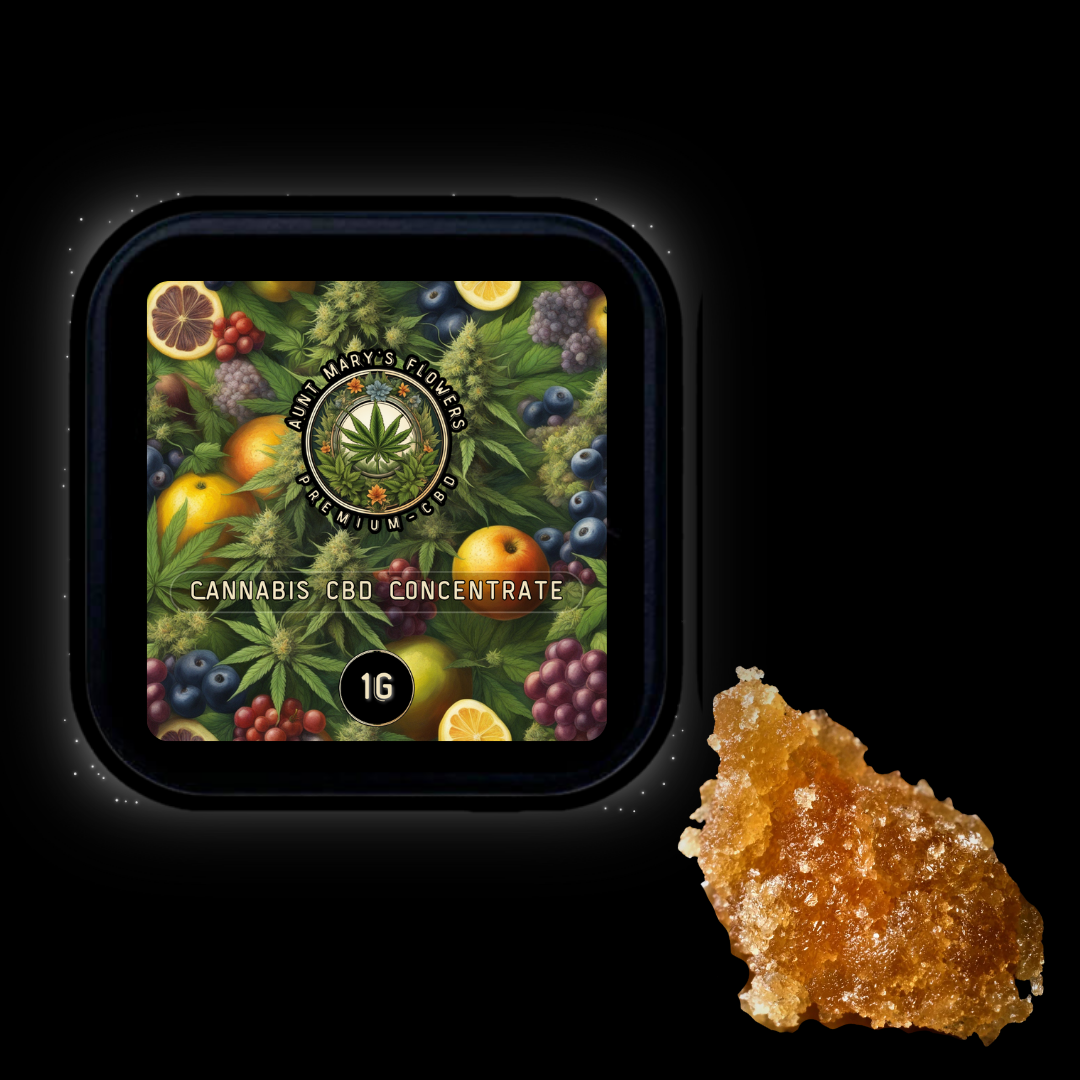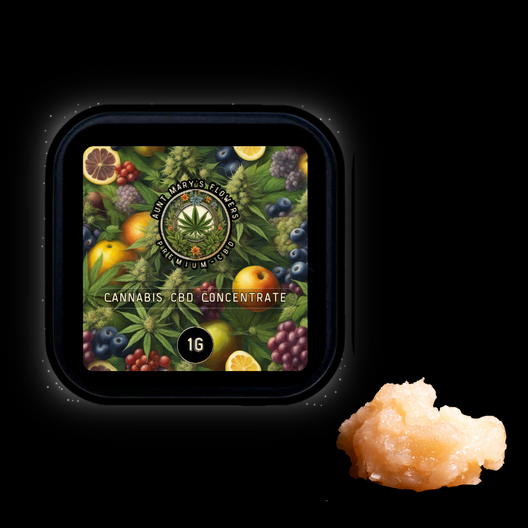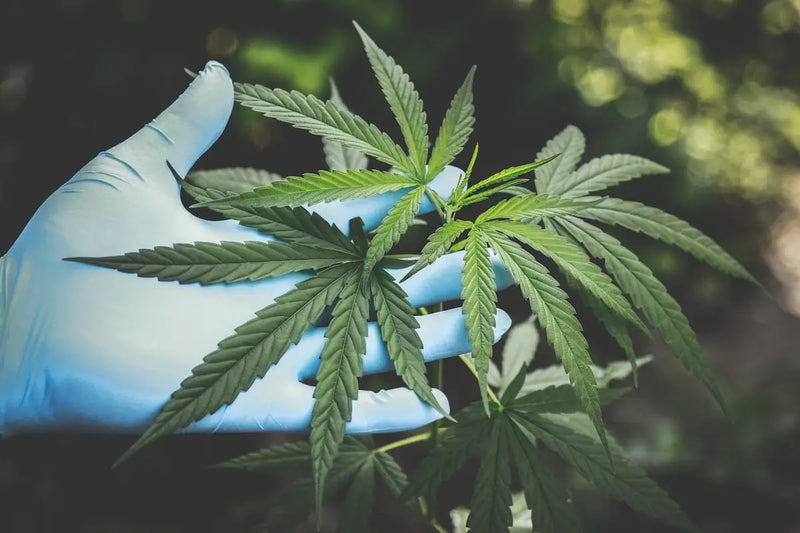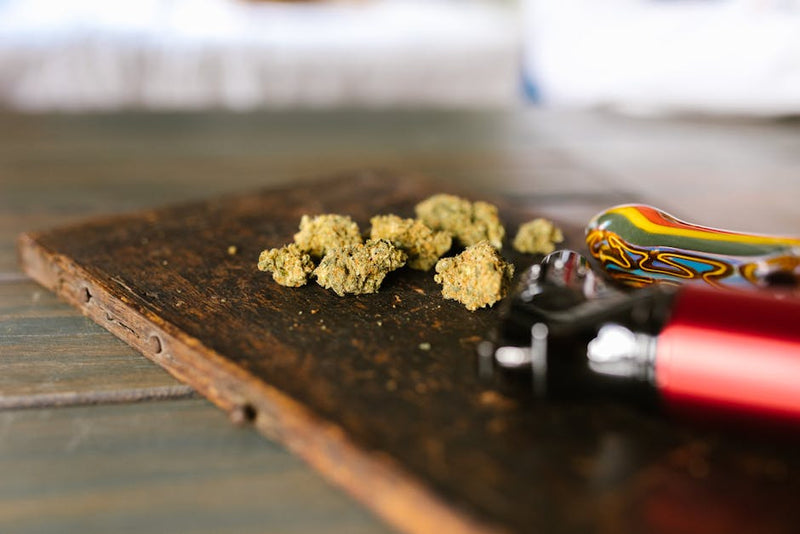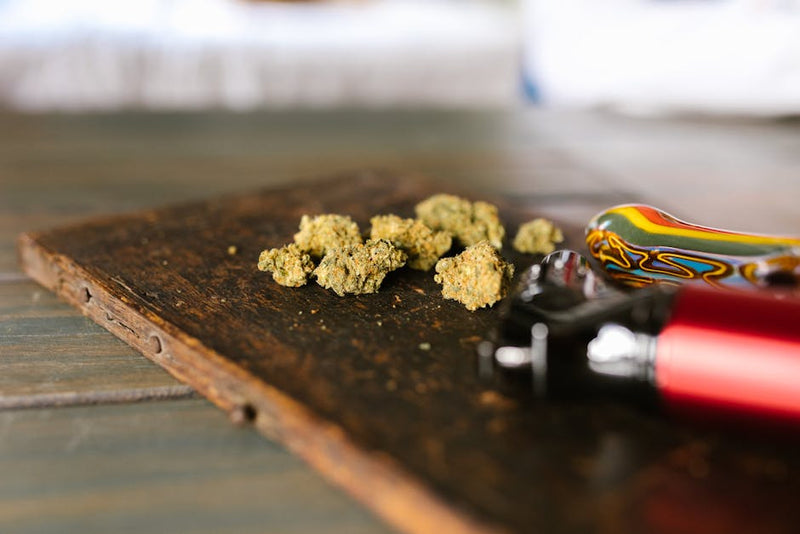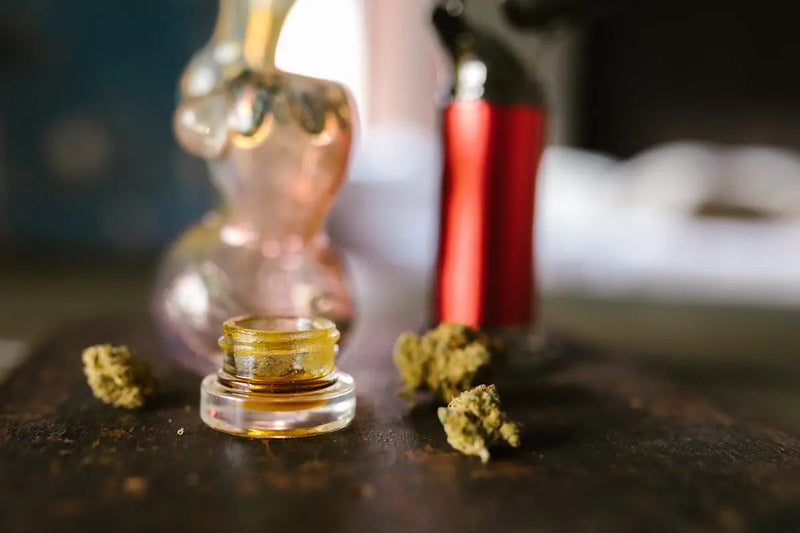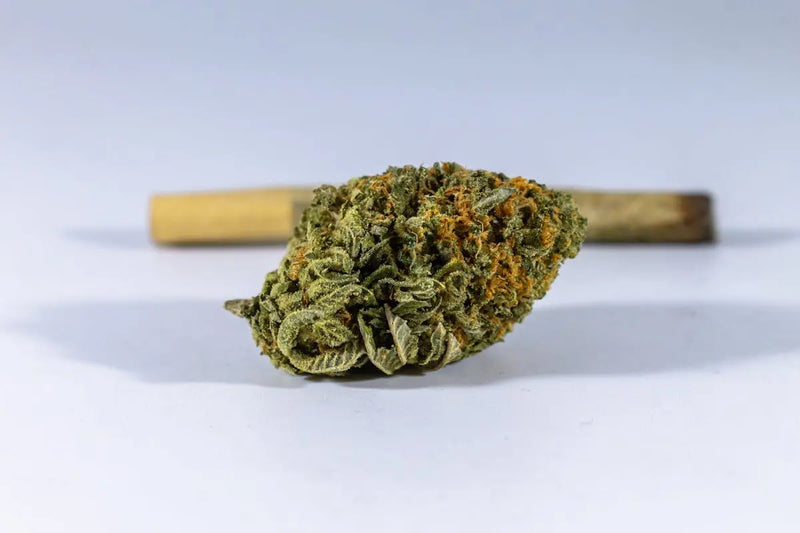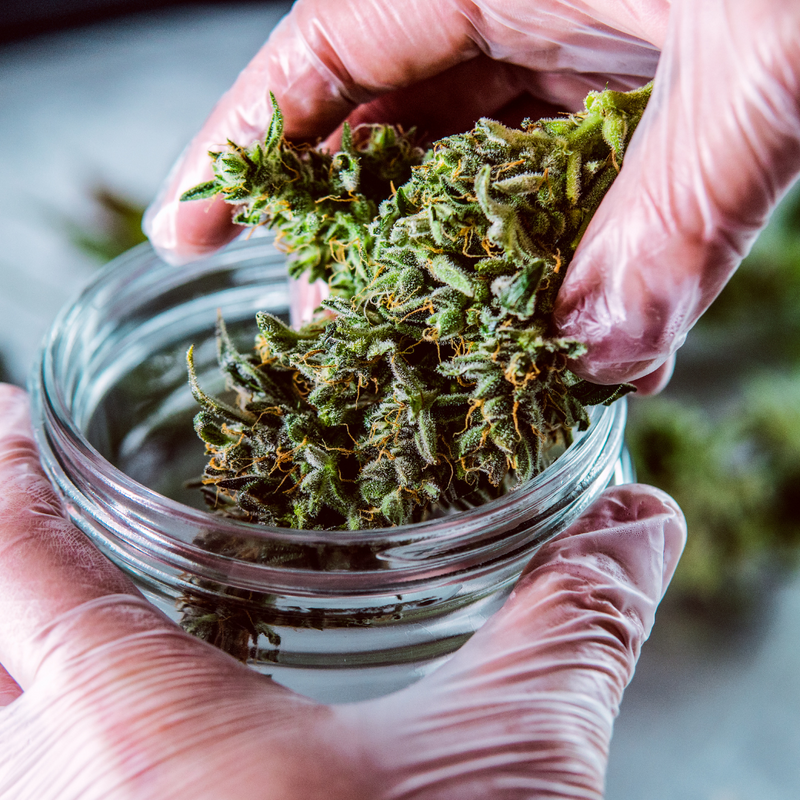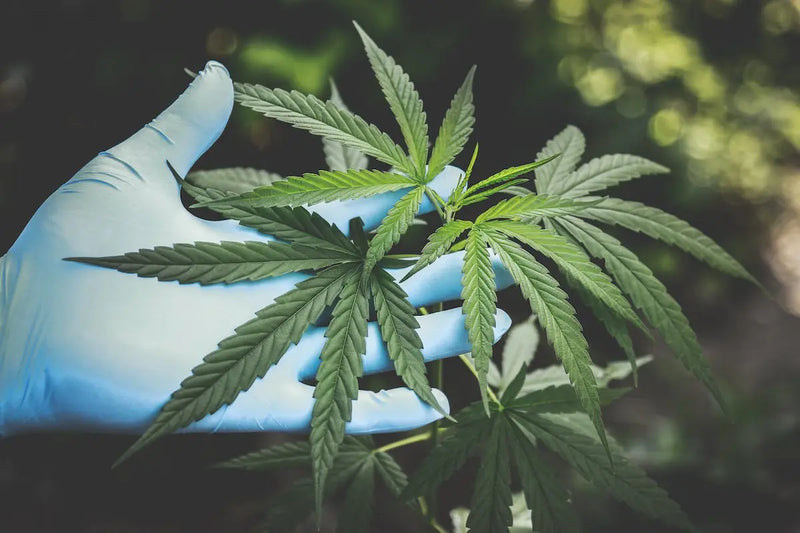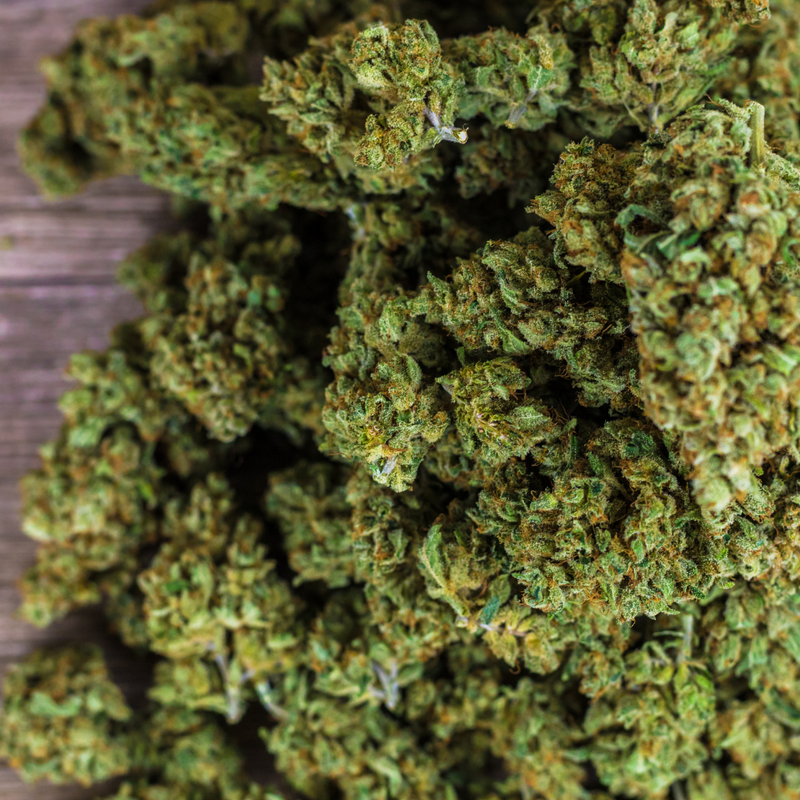Introduction to time management
Time management is crucial for managing stress and anxiety. By prioritising tasks, setting achievable goals, and organising your schedule effectively, you can reduce the feeling of overwhelm and promote a sense of control. Establishing a daily routine, setting boundaries, and avoiding multitasking can all contribute to better time management. Additionally, delegating tasks when possible and taking regular breaks can help maintain productivity while reducing stress levels.
Understanding the importance of time management
Time management is crucial for maintaining a healthy balance in life. By prioritising tasks and allocating time effectively, you can reduce stress and anxiety. Ensure you allocate time for self-care and relaxation as well. Effective time management can help prevent overwhelm and promote a sense of control over your schedule.
Assessing your current time management skills
Assessing your time management skills involves analysing how you currently prioritise and allocate your time. By taking stock of your daily routine, you can identify areas where you may be inefficient or spending time on activities that do not align with your goals. Keep track of your tasks and how much time you spend on each one to gain insight into your time management strengths and weaknesses. This self-assessment can help you make necessary adjustments to enhance your productivity and reduce stress.
Setting SMART goals for effective time management
Setting SMART goals can help you manage your time more effectively. SMART stands for Specific, Measurable, Achievable, Relevant, and Time-bound. When setting goals, make sure they are specific and clearly defined. Then, ensure that you can measure your progress towards these goals. It's important that your goals are achievable and relevant to your overall objectives. Finally, set a time frame for achieving your goals to help keep you focused and on track. By setting SMART goals, you can better manage your time and stay motivated to reach your desired outcomes.
Prioritising tasks for better time management
It's important to prioritise tasks to manage your time better. This involves identifying the most important tasks and focusing on them first. Prioritising can help reduce stress and improve productivity. Some tips for prioritising tasks include:
- Creating a to-do list and ranking tasks based on urgency and importance
- Breaking down larger tasks into smaller, more manageable ones
- Setting realistic deadlines for each task
- Being flexible and willing to adjust priorities as needed to accommodate unexpected changes
Techniques for avoiding procrastination
To avoid procrastination, try breaking tasks into smaller, manageable steps and setting specific deadlines for each step. Use timers or alarms to help stay on track with your work. Additionally, consider creating a designated workspace to help maintain focus and minimise distractions. Lastly, practicing mindfulness and taking short breaks can alleviate feelings of overwhelm and boost productivity.
Creating a daily and weekly schedule
Creating a daily and weekly schedule can help you incorporate CBD into your routine effectively. Set specific times for taking your CBD, whether it's in the morning, before bed, or at other designated times during the day. This can help you establish a consistent routine and ensure that you are using CBD regularly to manage your stress and anxiety. Additionally, planning out your week can help you anticipate times when you may need to rely more on CBD, such as during particularly stressful days or events. By incorporating CBD into your schedule, you can maximise its potential benefits for managing stress and anxiety.
Using technology to improve time management
Using technology such as time management apps, calendars, and reminders can help you organise your tasks and schedule, allowing you to prioritise the important aspects of your day and stay on top of your responsibilities. With the use of these tools, you can efficiently allocate your time to manage stress and anxiety, ensuring that you have time for self-care and relaxation.
Delegating tasks and learning to say no
Delegating tasks can help reduce your workload and alleviate stress. Prioritise your responsibilities and focus on high-impact tasks that only you can do. It's important to set boundaries by learning to say no to additional commitments that may overwhelm you. Remember, it's okay to ask for help and prioritise self-care.
Conclusion and final thoughts
When it comes to using CBD for stress and anxiety management, it's important to remember that everyone's experience may vary. While some people may find relief from their symptoms, others may not see the same results. It's essential to consult with a healthcare professional before starting any new treatment. Additionally, always ensure that you are using high-quality CBD products from reputable sources to ensure safety and effectiveness. Overall, CBD shows promise in helping to manage stress and anxiety, but more research is needed to fully understand its long-term effects. As the industry continues to evolve, it's important to stay informed about the latest research and developments in the world of CBD.





